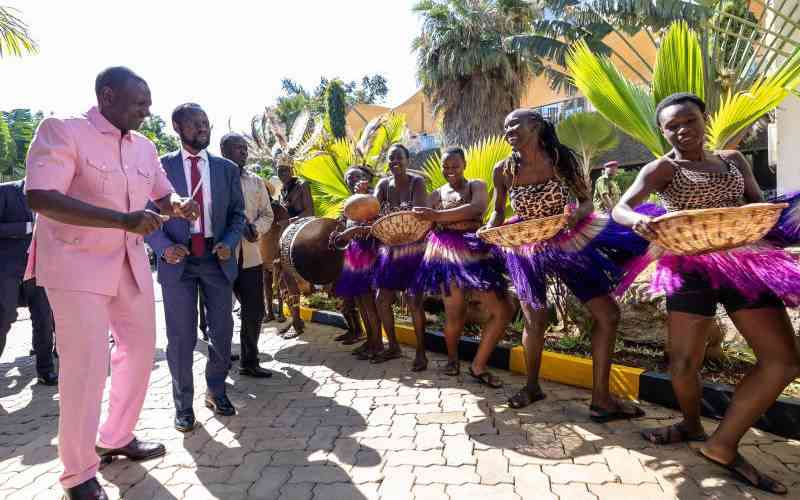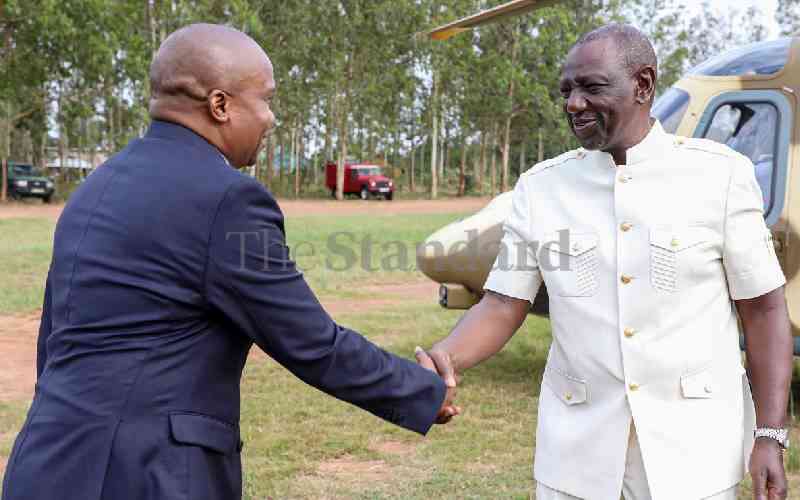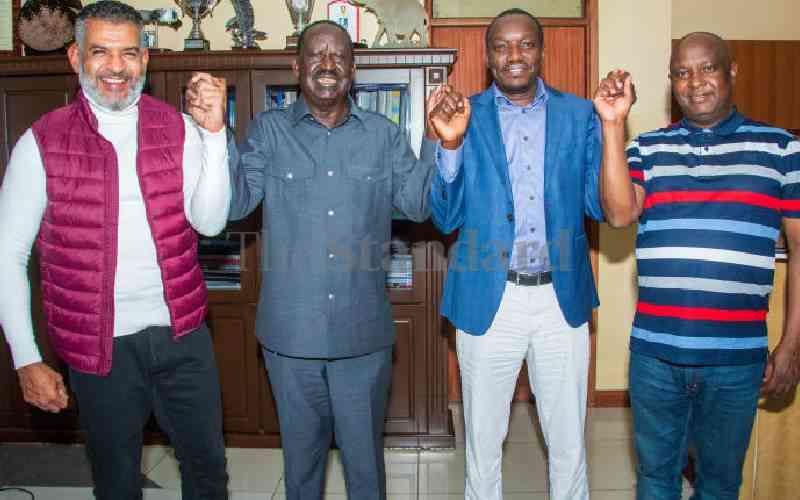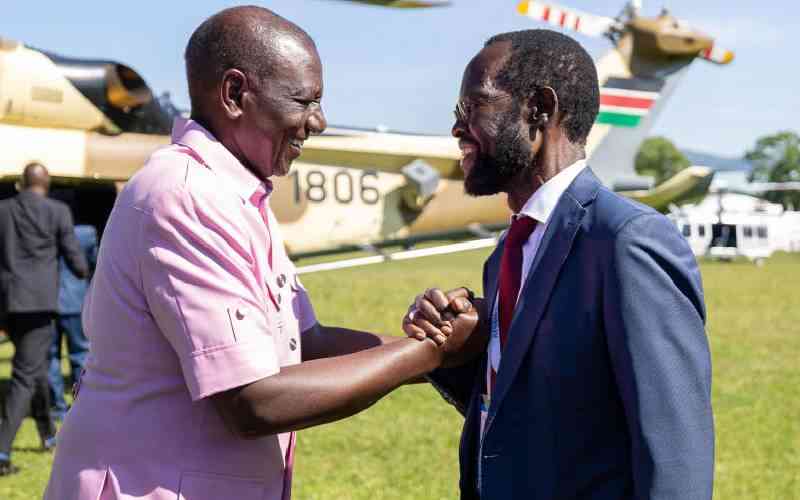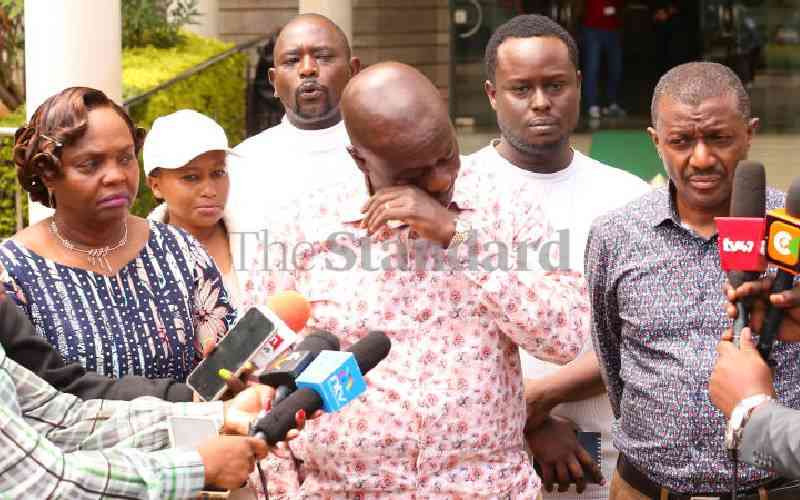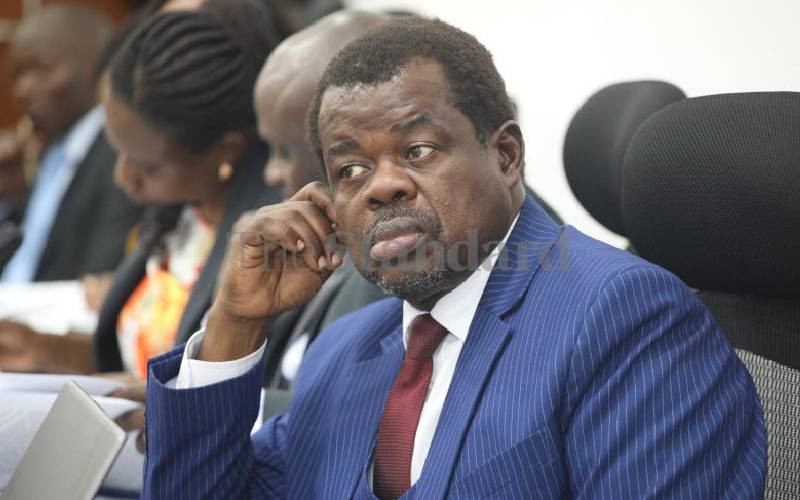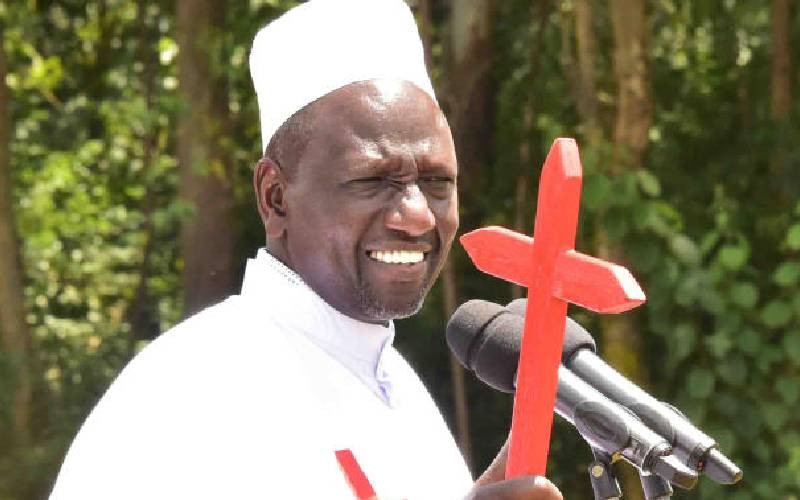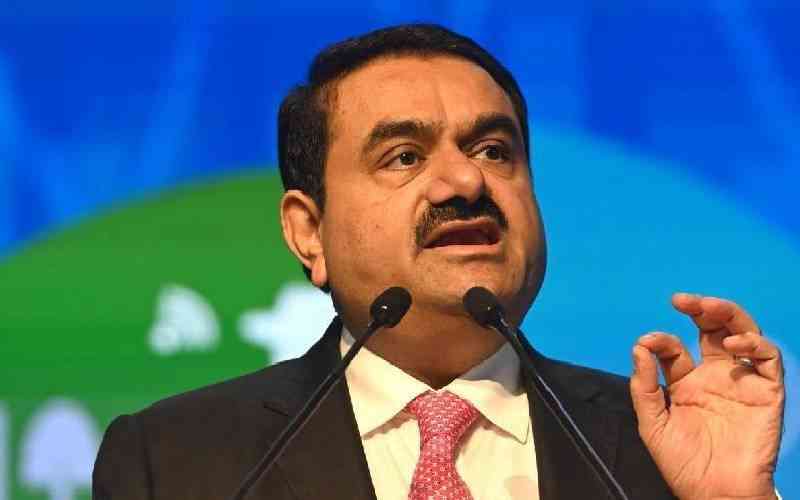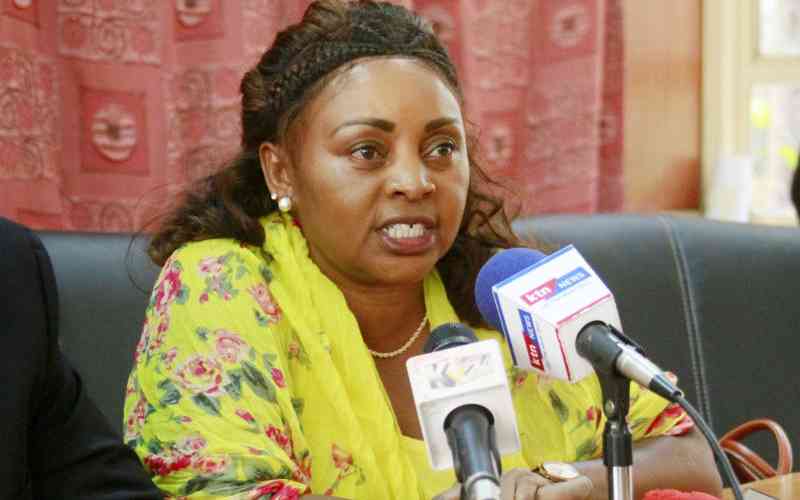
Despite ascending to power on the promise of reducing wasteful public spending, President William Ruto has adopted former President Uhuru Kenyatta’s peculiar policy of deploying “two envoys, one station” to accommodate allies.
In the sunset days of his administration, President Kenyatta appointed six deputy ambassadors. Ruto, in his first diplomatic appointments, increased them to 14 with full status of ambassadors at Job Group T.
In his May appointments, Ruto added 11 more deputy heads of mission with full ambassadorial status, propagating the new phenomenon that entails pairing a career diplomat with a political appointee.
Sources in the diplomatic service said while they are officially nominated as deputy ambassadors or heads of missions, they earn the same salary and perks as accredited ambassadors and high commissioners.
They lack clearly defined roles, often relying on assignments by accredited diplomats, idling in foreign lands and occasionally rousing conflicts in power squabbles.
Where the political appointee is the boss, the deputies who run the show for them are said to hold back their full potential, impacting on service delivery.
Where the career diplomats enthusiastically run the show, they are often slowed down.
- Ruto remains mute as healthcare crisis worsens
- Government calls on KMPDU to end strike
- Ruto meets KMPDU officials, promises lasting solutions to end industrial strikes
- Ruto forms a 20-member team to audit healthcare resources
Keep Reading
“In most cases, the political appointees, whether as accredited diplomats or deputies, tend to have better access to political power. The temptation to flaunt this is usually high, leading to conflicts,” the source said.
In October, President Ruto nominated and redeployed 31 ambassadors and high commissioners, and 14 deputy ambassadors.
In the March nominations, Ruto named six high commissioners, 13 ambassadors, four permanent representatives, 11 deputy heads of missions, four consul generals and one special envoy.
In the first set of nominations, Kiringo Kubai, a former MP of Igembe Central, was the only politician appointed and sent to Somalia. In the second batch, however, the number of politicians rose with seven.
Former Deputy Governor Joash Maangi was named High Commissioner Uganda, former West Pokot MP Lilian Tomitom High Commissioner Zambia, former West Mugirango MP Vincent Kemosi High Commissioner Ghana, and former Kisumu Senator Fred Outa was deployed as ambassador in Egypt.
Others were former Bomet Senator Chris Lang’at, who landed in Abidjan as ambassador, former Nominated MP Halima Mucheke as ambassador in the Netherlands, former Turkana County Assembly Speaker Ekitela Lokaale as Permanent Representative to the United Nations in New York, and former Nominated Senator Petronila Were as Deputy Head of Mission in Addis Ababa.
Two deputies
The phenomenon may have befuddled foreign governments who have to deal with more than one senior diplomat at one posting. In Kenya’s mission to New York, for instance, three representatives speak for the country while the US has only one.
Besides Lokaale, who is replacing Martin Kimani, New York has two deputies, Jane Kinyungu and Michael Kiboino. Los Angeles will have former electoral commission CEO Ezra Chiloba as head of the consulate, and Akinyi Walkowa as his deputy.
Washington will now have former Baringo County Assembly Speaker David Kerich as the ambassador, deputised by Chris Kirigua.
The country has seven envoys in the US alone.
In contrast, wealthy nations such as Canada have only one high commissioner who serves the region - Kenya, Burundi, Rwanda, Somalia, South Sudan and Uganda. In addition, they also serve as Canada’s Permanent Representatives to UNEP and UN-Habitat.
 The Standard Group Plc is a multi-media organization with investments in media platforms spanning newspaper print
operations, television, radio broadcasting, digital and online services. The Standard Group is recognized as a
leading multi-media house in Kenya with a key influence in matters of national and international interest.
The Standard Group Plc is a multi-media organization with investments in media platforms spanning newspaper print
operations, television, radio broadcasting, digital and online services. The Standard Group is recognized as a
leading multi-media house in Kenya with a key influence in matters of national and international interest.


